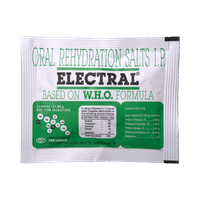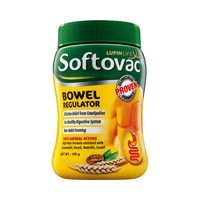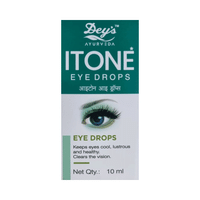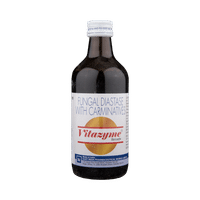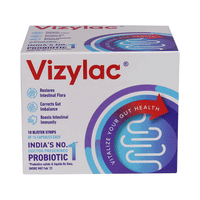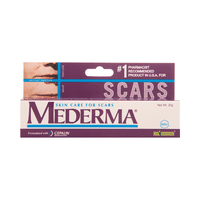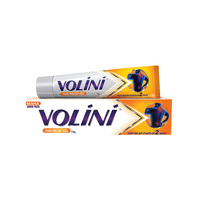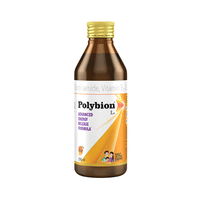Hygina Gel
Rs.88for 1 tube(s) (15 gm Dental Gel each)
food interaction for Hygina
alcohol interaction for Hygina
pregnancy interaction for Hygina
lactation interaction for Hygina
food
alcohol
pregnancy
lactation
No interaction found/established
No interaction found/established
Information regarding the use of Hygina Gel during pregnancy is not available. Please consult your doctor.
CONSULT YOUR DOCTOR
Information regarding the use of Hygina Gel during breastfeeding is not available. Please consult your doctor.
CONSULT YOUR DOCTOR
SALT INFORMATION FOR Hygina
Chlorhexidine Gluconate(NA)
Uses
Chlorhexidine Gluconate is used in the treatment of Mouth infection.
How it works
Chlorhexidine Gluconate is an antiseptic. It works by killing harmful microorganisms and cleans the affected area.
Common side effects
Taste change, Allergic reaction, Dryness in mouth, Loss of taste sensation, Immune disorders, Hypersensitivity, Anaphylactic shock
Metronidazole(NA)
Uses
Metronidazole is used in the treatment of bacterial infections and parasitic infections. It is used in infections of the brain, reproductive system, gastrointestinal tract, skin, vagina, and other areas of the body.
How it works
Metronidazole is an antibiotic. It kills the bacteria and other microorganisms that cause infections by damaging their DNA.
Common side effects
Nausea, Vomiting, Paresthesia (tingling or pricking sensation), Agitation, Back pain, Blindness, Blurred vision, Altered speech pattern, Confusion, Decreased vision, Depression, Dizziness, Impaired coordination, Seizure, Slurred speech, Encephalopathy, Psychotic disorder, Abnormal liver function tests, Difficulty in urination, Yellow discoloration of eye, Yellow discoloration of skin, Gastrointestinal pain
SUBSTITUTES FOR Hygina
No substitutes foundExpert advice FOR Hygina
- Use Chlorhexidine Gluconate after meals, it may affect the taste of foods and beverages.
- For maximum effectiveness avoid rinsing mouth (with water or any other mouthwash), brushing teeth, eating or drinking for 30 minutes after using the Chlorhexidine Gluconate.
- Chlorhexidine Gluconate may cause permanent discolouration of some tooth fillings. To minimize discolouration, brush and floss daily, focussing on the areas which begin to discolour.
- Do not mix/dilute Chlorhexidine Gluconate with any other product.
- Avoid contact with eyes and ears. If the solution comes in contact with your eyes, rinse well with water.
- Notify your doctor if you are or planning to become pregnant or are breastfeeding.
Frequently asked questions FOR Hygina
Chlorhexidine Gluconate
Q. How long should you use Chlorhexidine Gluconate?
The duration of use of Chlorhexidine Gluconate will depend on the condition it is being prescribed for. If you are using it for gum disease (gingivitis) it may be used for a month. If being used for mouth ulcers and thrush, this mouthwash may be used till 2 days after the symptoms are relieved.
Q. Does Chlorhexidine Gluconate stain teeth?
Yes, though it does not occur in everyone, Chlorhexidine Gluconate may stain your teeth and tongue. Staining is not permanent and may disappear after discontinuation of treatment. Brushing the teeth with regular toothpaste before using Chlorhexidine Gluconate can prevent staining. You should also avoid tannin-containing food and drinks such as tea and coffee.
Q. Does Chlorhexidine Gluconate help bad breath?
Yes, Chlorhexidine Gluconate is effective in reducing bad breath, which persists for about 3 hours. However, the risk of staining teeth and alteration of taste should be borne in mind before you start using it. Also, use this medicine judiciously.
Metronidazole
Q. How long does Metronidazole take to work?
Usually, Metronidazole starts working within 1 hour of its ingestion. However, it may take around 2-3 days to make you feel better while taking Metronidazole. If you do not experience any significant reduction in your symptoms, consult your doctor.
Q. Can I drink alcohol while using Metronidazole?
No, avoid drinking alcohol while taking Metronidazole. Moreover, you should avoid alcohol even after 3 days of finishing the complete course. Drinking alcohol can cause an unpleasant reaction (disulfiram like reaction) with symptoms such as stomach pain, nausea, vomiting, headache, flushing or redness of the face.
Q. Can the use of Metronidazole cause metallic taste?
Yes, Metronidazole may cause a temporary metallic taste. This metallic taste can be reduced by staying hydrated, brushing teeth after the meals and chewing sugar-free gum or mints.













